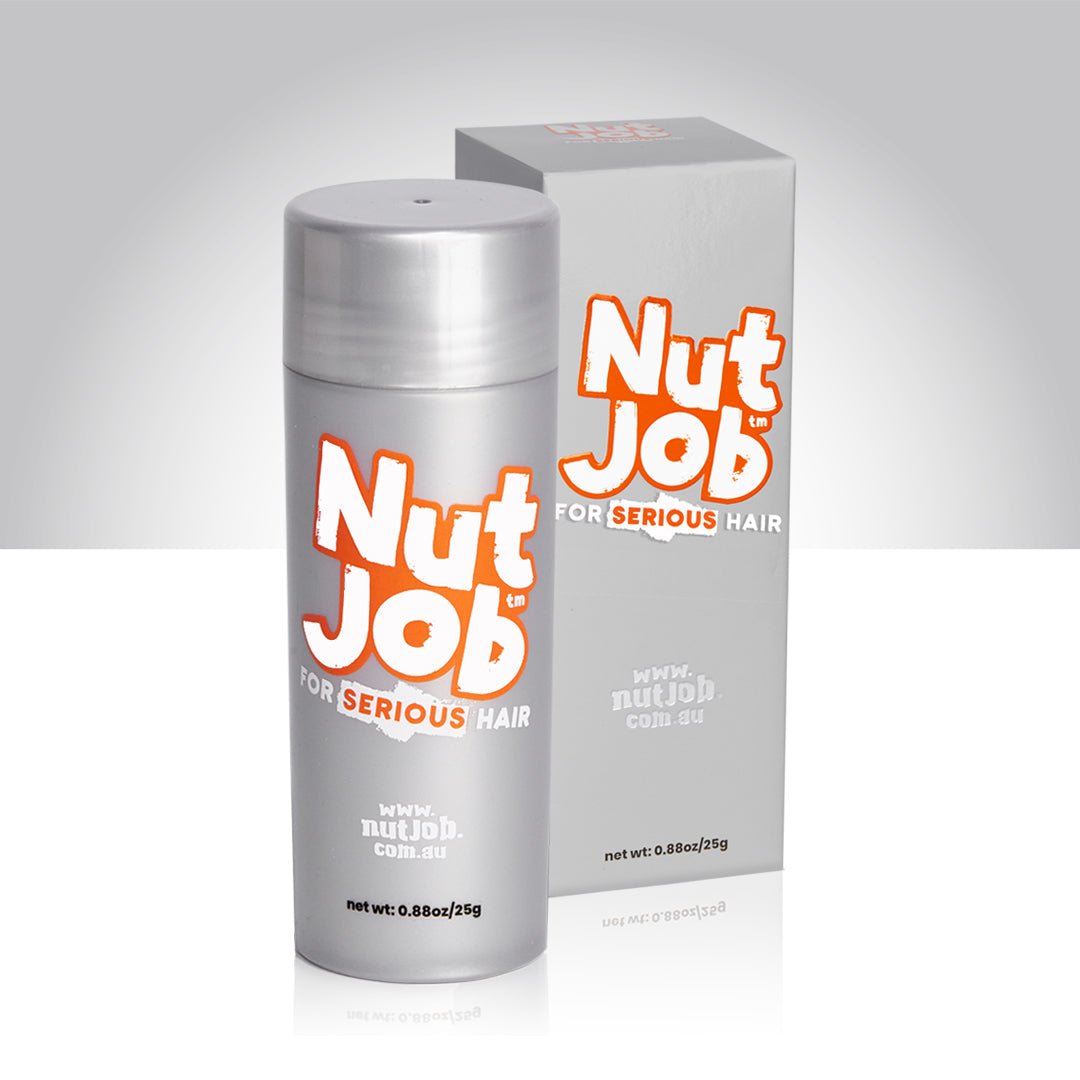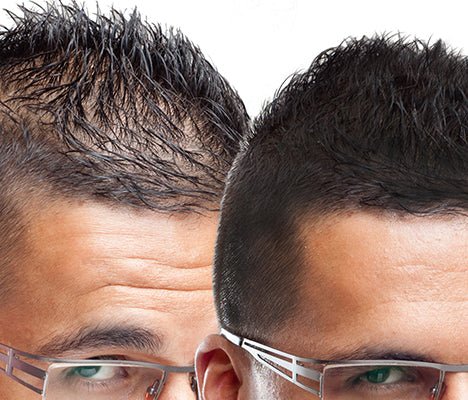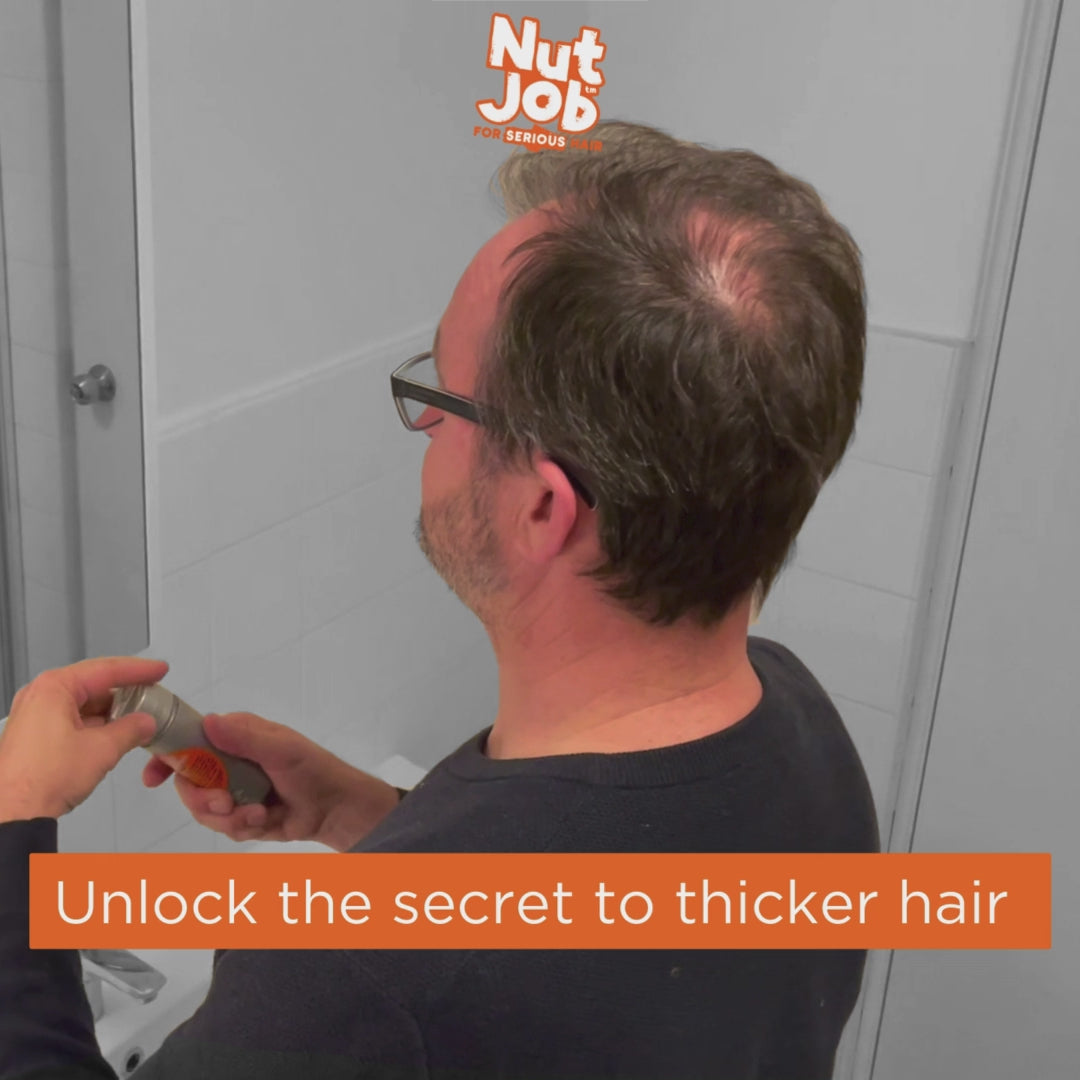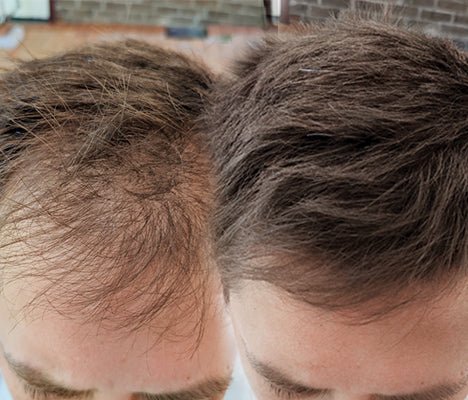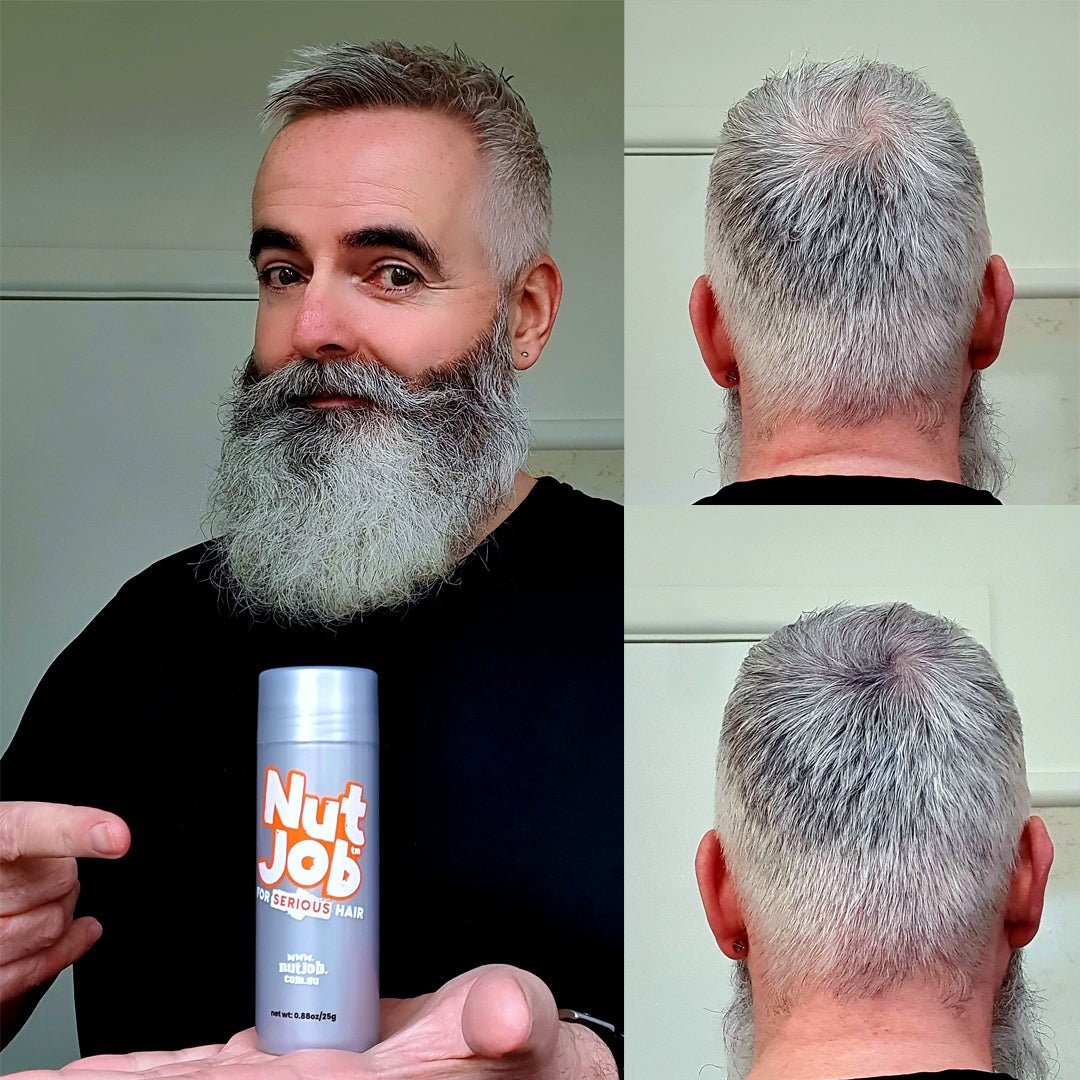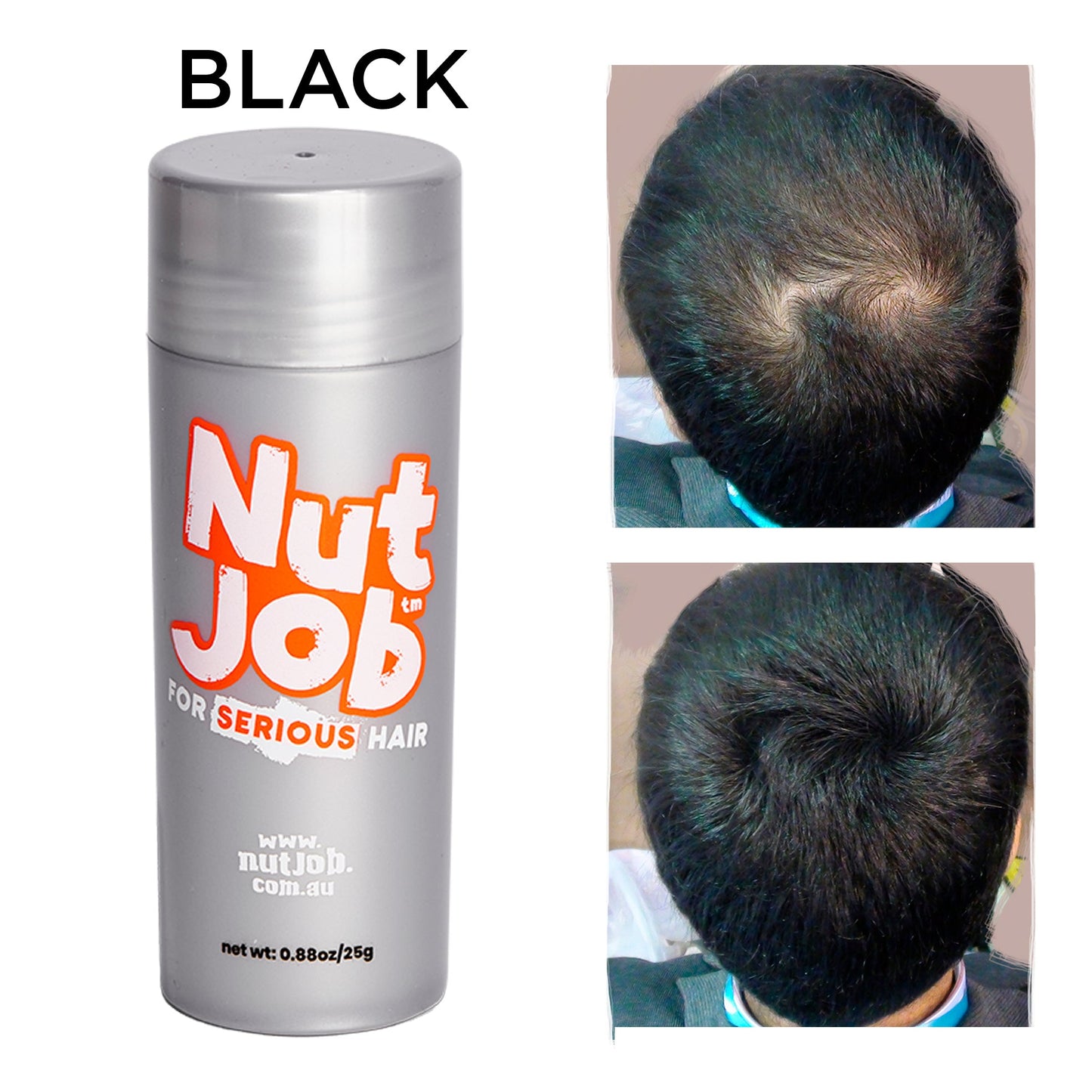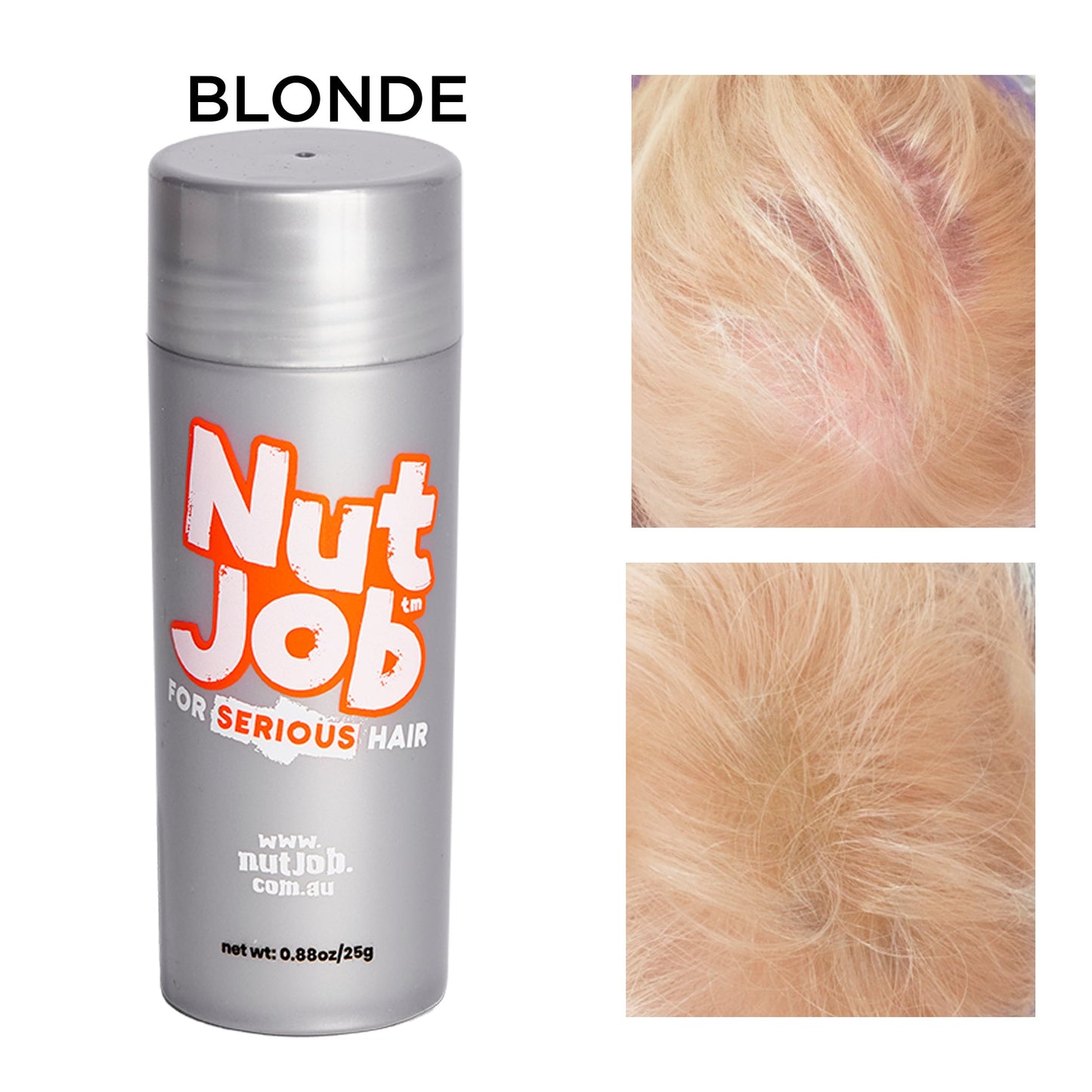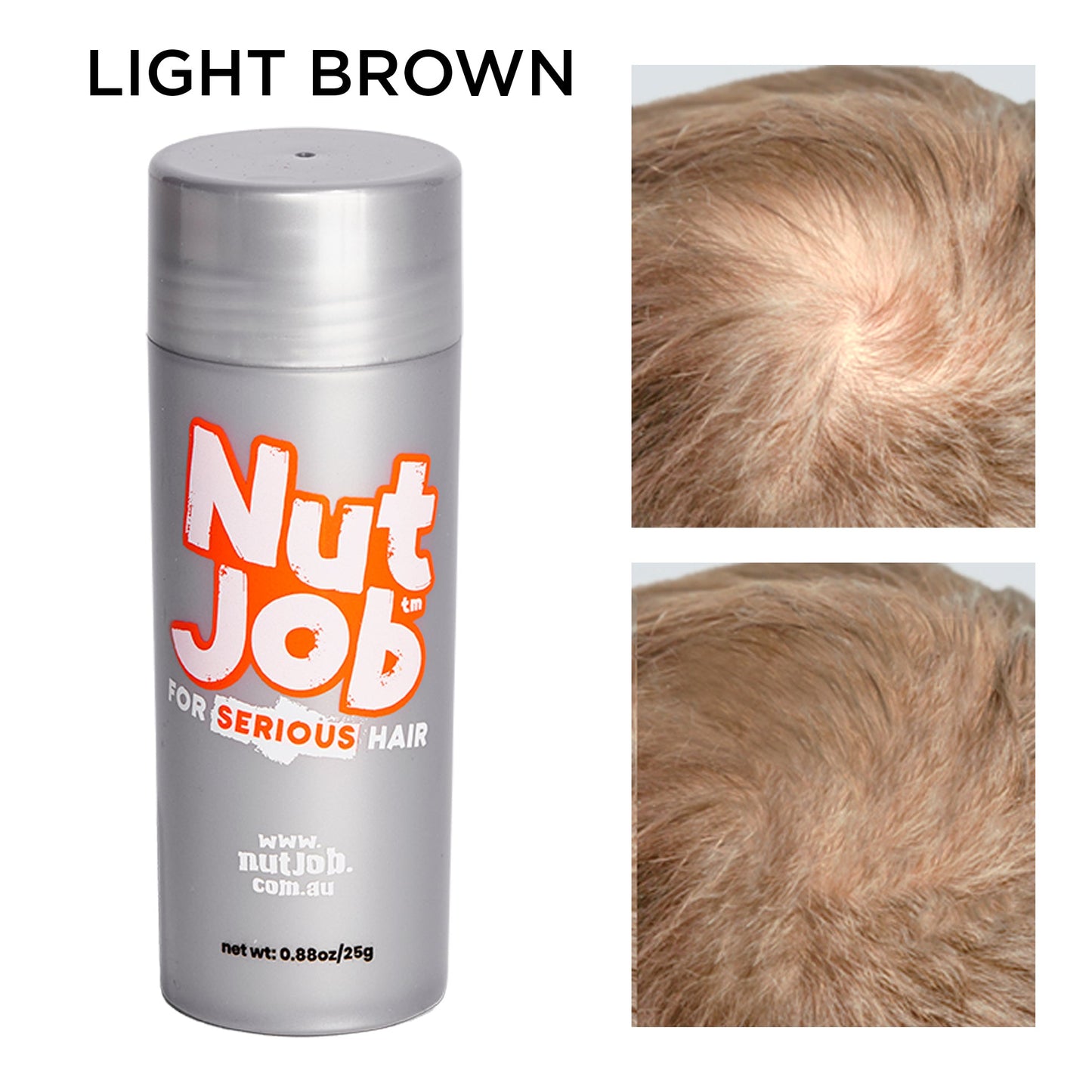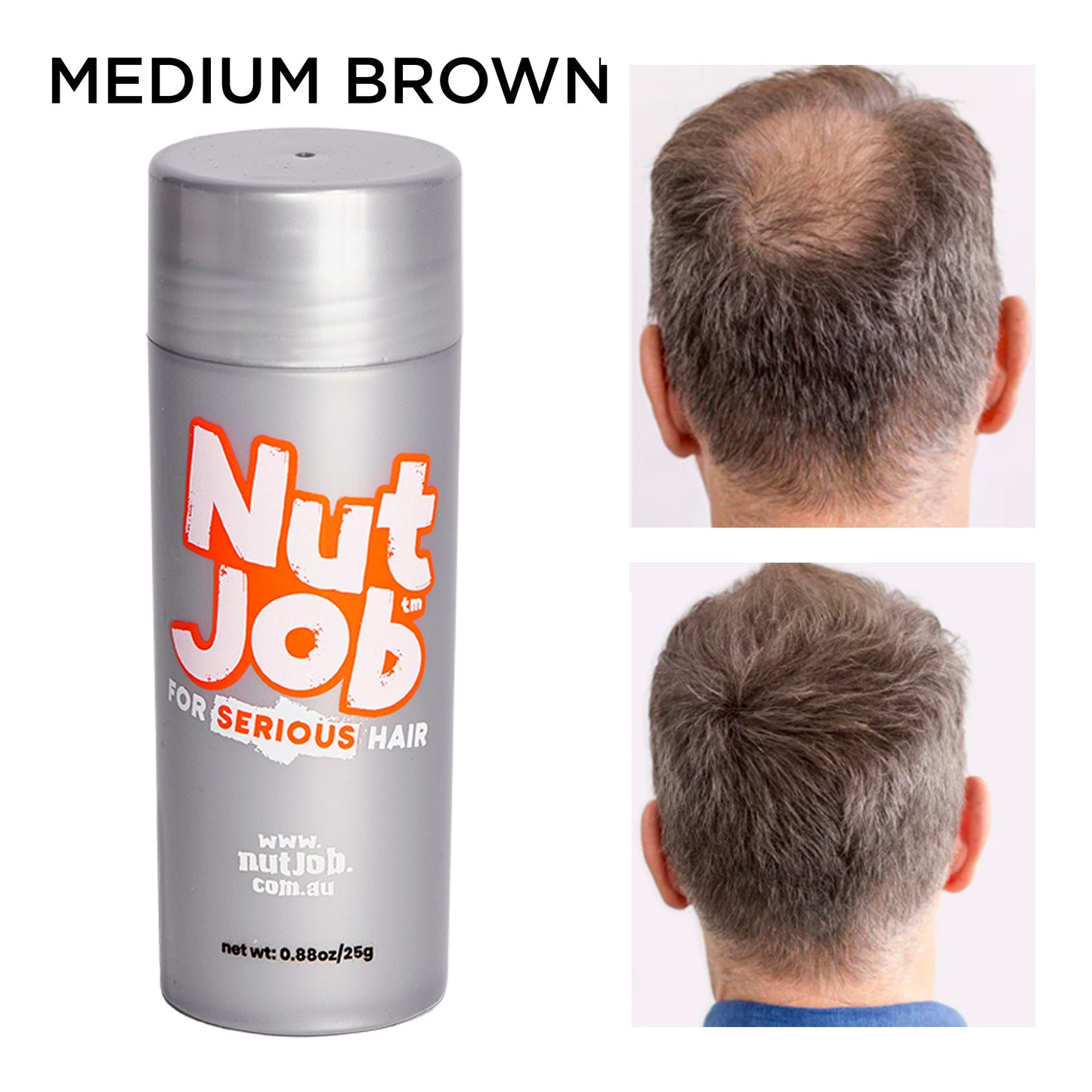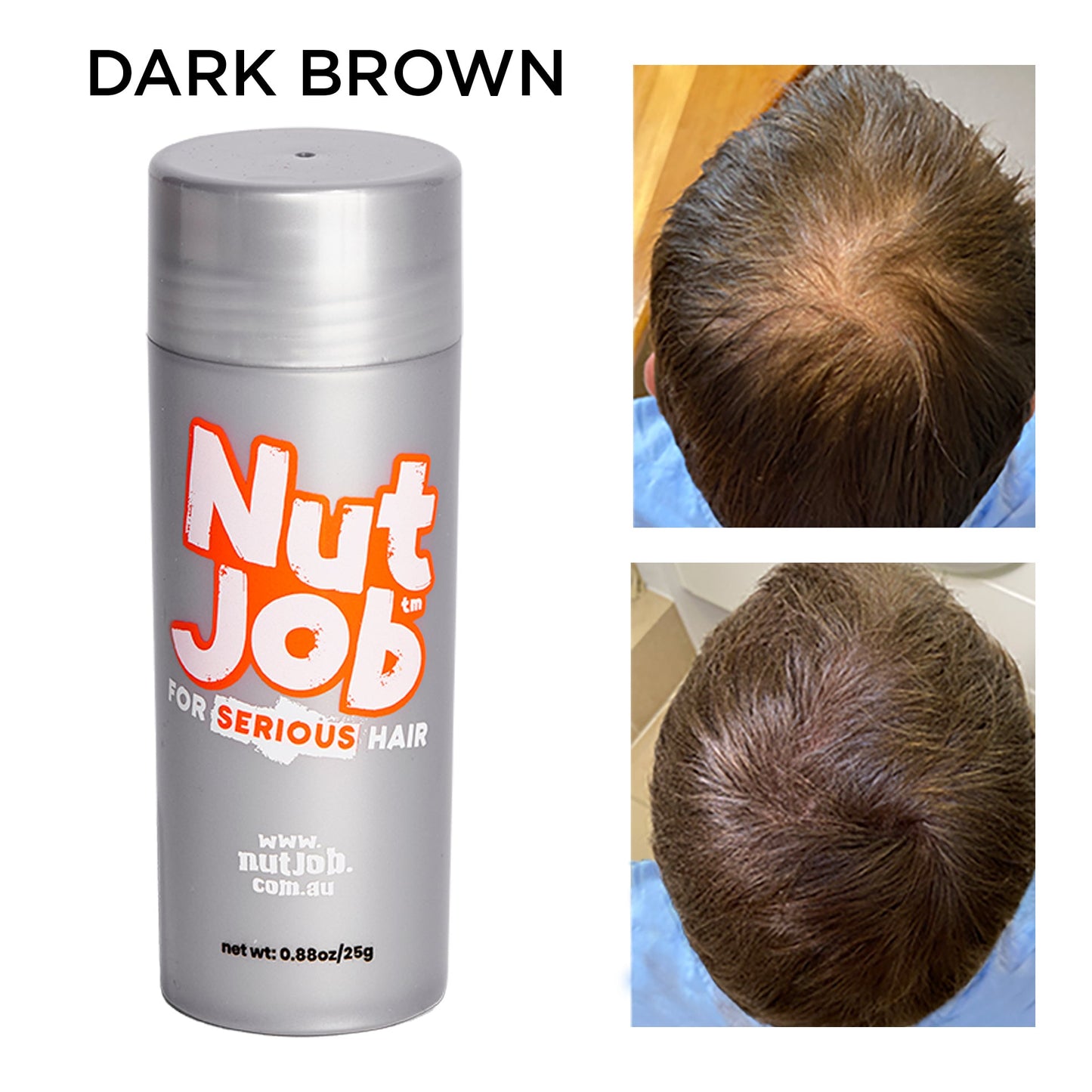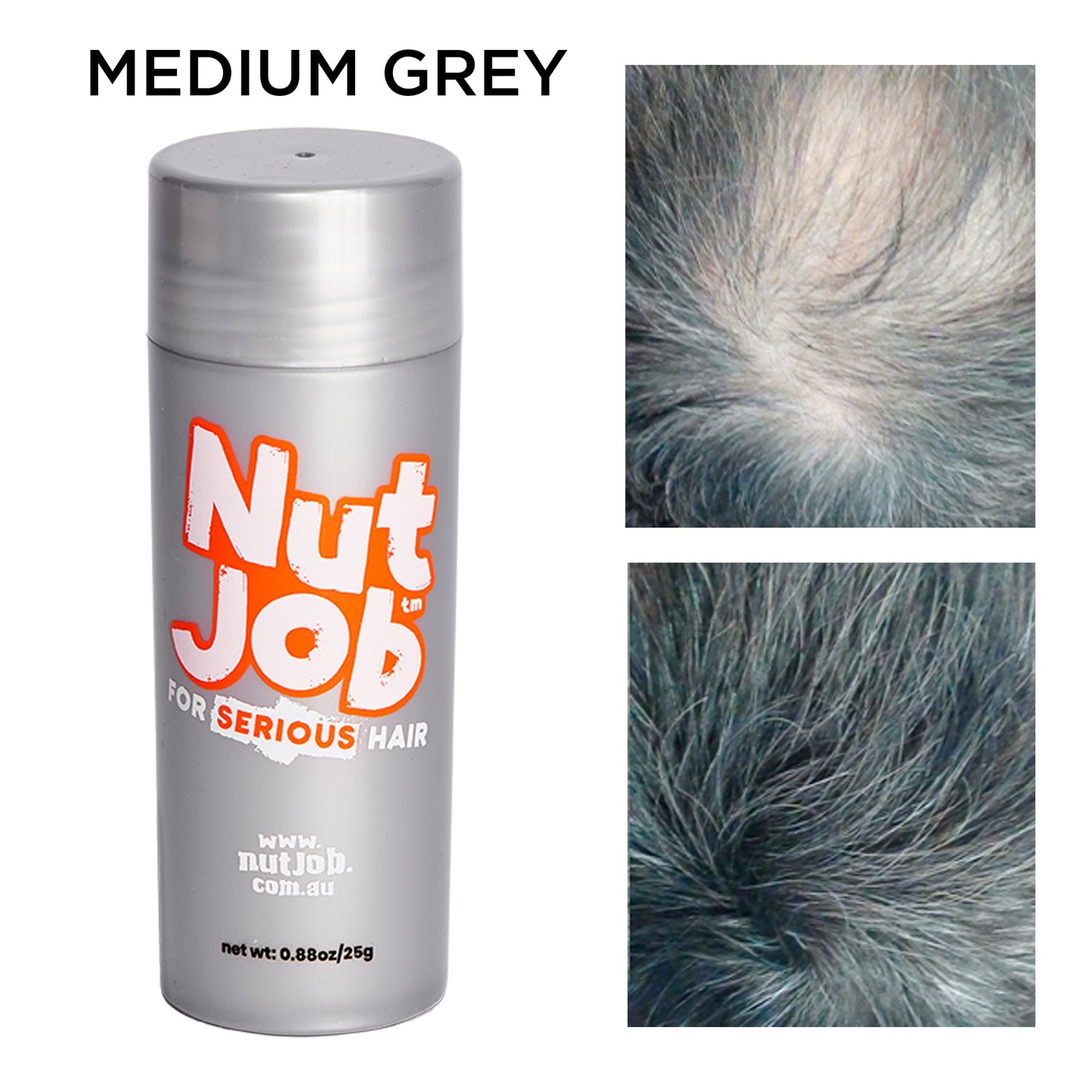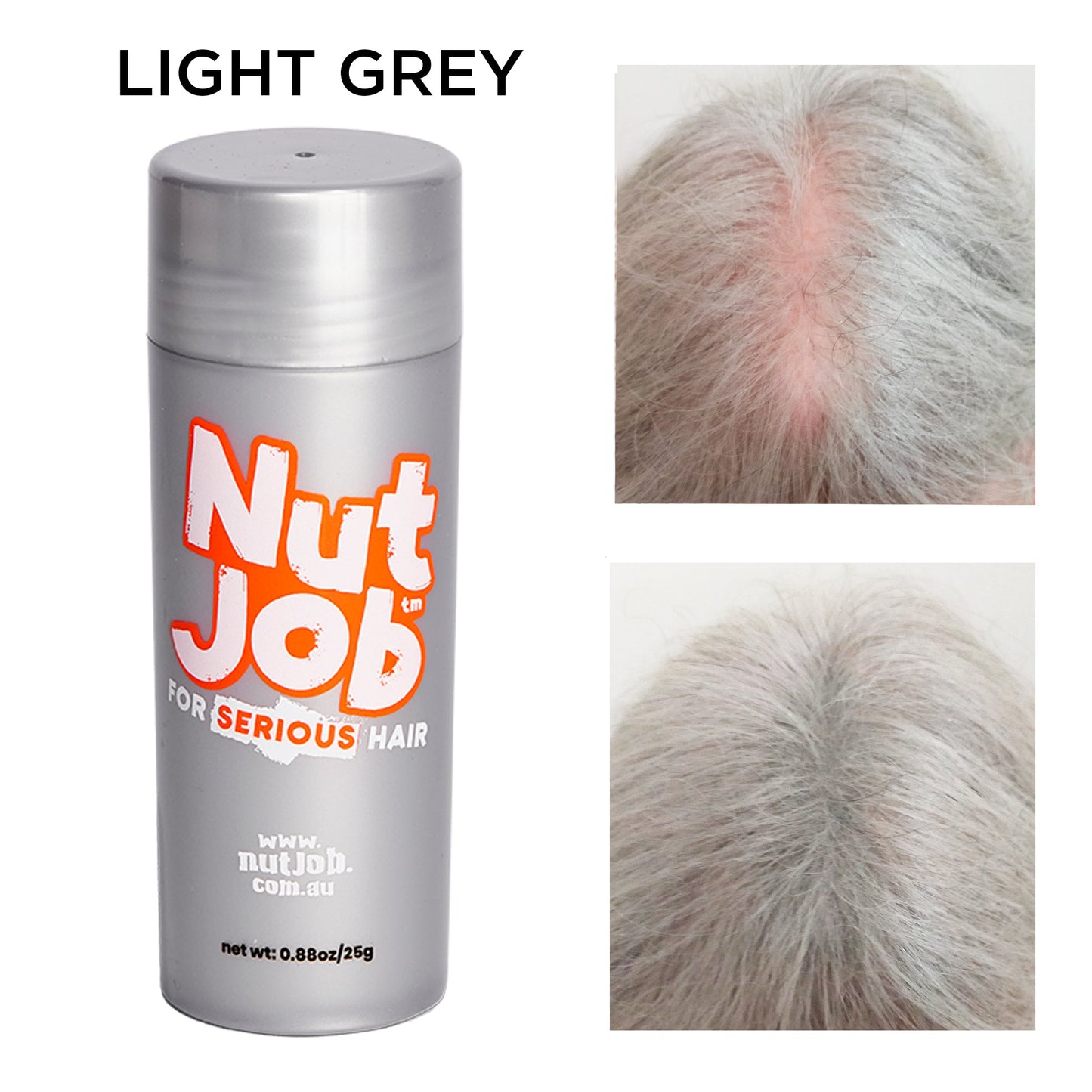
Why are parabens and sulphates bad for your hair?
The last few years have seen a definite trend toward natural products. We've all become more conscious of what we're putting in our bodies and by default, what we put ON them too! Two of the biggest buzzwords in the hair care industry today are PARABENS and SULPHATES... but what exactly ARE they and why should they be avoided?
Parabens are commonly used preservatives in shampoos, conditioners, deodorants, lotions, gels, scrubs and more. They've been around since the 1950's and are generally added to products to prevent the growth of mould and bacteria. Parabens mimic the antimicrobial agents in some plants but there's nothing natural about them. They've been popular as additives in hair care products though because they're effective in keeping unwanted bacterial growth at bay and are much less expensive than their natural counterparts.
Sulfates are effective cleansing and foaming agents that can be found in toothpaste, shampoos, body washes and more. Sulfates are a type of surfactant that attracts both oil and water. They're the chemicals that help you get a healthy lather and are often responsible for the happy feeling that the products you're using 'must really working!'
Parabens are easily absorbed through the skin and scalp. Studies have shown that some parabens may have the capacity to disrupt the normal hormonal cycle of the body. Some parabens mimic the characteristics of estrogen and can therefore interfere with estrogen production in women, potentially increasing the risk of breast cancer and causing the early onset of puberty in girls too. In men, parabens were found in the urine and blood of healthy males after using paraben-based products for a period of time. There are concerns that using products containing parabens may cause low sperm count and testicular cancer in men.
Sulphates are designed to remove dirt and dead skin cells from your scalp but they can also be responsible for stripping your hair of its natural oils making it dry and brittle. They have the capacity to cause a number of problems including dryness, itching, irritation and even hair loss.
Here's the real kicker: There's a high chance that both parabens and sulphates are bad for you, but it hasn't been conclusively proven yet. It's widely agreed that the characteristics of each element are concerning enough though to warrant avoidance of both parabens or sulphates as a blanket rule.
Parabens are found under a range of compound names like butylparabens, propylparabens and methylparabens and fortunately these actually contain the word 'paraben' but sometimes they're listed as Alkyl parahydroxy benzoates, and that's definitely a mouthful you should avoid both literally and figuratively!
Sulfates kindly make your life a little easier and are much easier to spot! Usually, they're in the first ingredients to be listed and go by the names of Sodium Lauryl Sulfate, Laureth Sulfate Sodium, Lauryl Sulfoacetate Sodium, Lauroyl Isethionate or Sodium Lauroyl Taurate.
Other dangerous ingredients in common hair products are known as Benzophenones. They can cause scalp irritation, premature scalp aging and potentially even cancers. Benzophenones have the capacity to damage the fat and protein cells in your hair. Coal tar dyes and various other colourants should also be avoided.
Despite all the seeming doom and gloom associated with these chemicals, there is good news! A number of natural surfactants and anti-microbial agents exist and manufacturers are becoming more and more vigilant about using the safer alternatives in their products.
What are they and how do you spot them though? One of the most difficult tasks is being able to discern between naturally derived compounds and chemically harsh ones as the names look very similar to just about everyone without a PHD in chemistry! We've given you some of the chemical names to avoid above and here are some of the official terms for naturally (read totally safe!) paraben and sulphate alternatives:
Natural paraben alternatives include:
- Phenoxyethanol
- Sodium Benzoate
- Potassium Sorbate
- Ethylhexylglycerin
- Grapefruit seed extract
- Essential oils of thyme, oregano & tea tree
- Rosemary & Neem extracts
Natural surfactants/sulphate alternatives include:
- Coco Glucoside
- Decyl Glucoside
- Lauryl Glucoside
- Disodium Laureth Sulfosuccinate
- Coco Betaine / Cocamidopropyl Betaine
- Sodium Coco Sulfate
Hopefully we've given you some valuable information here today and demystified the world of Parabens and Sulphates. We know the value in avoiding these chemicals and are proud to carry a range of our own products that are totally paraben and sulphate free. Check out our Shampoo and Conditioner as well as our Aloe Vera Shaving Gel and Smoothing Beard Oil. Rest assured, these products are safe to use and will do wonders for your skin and hair too!

